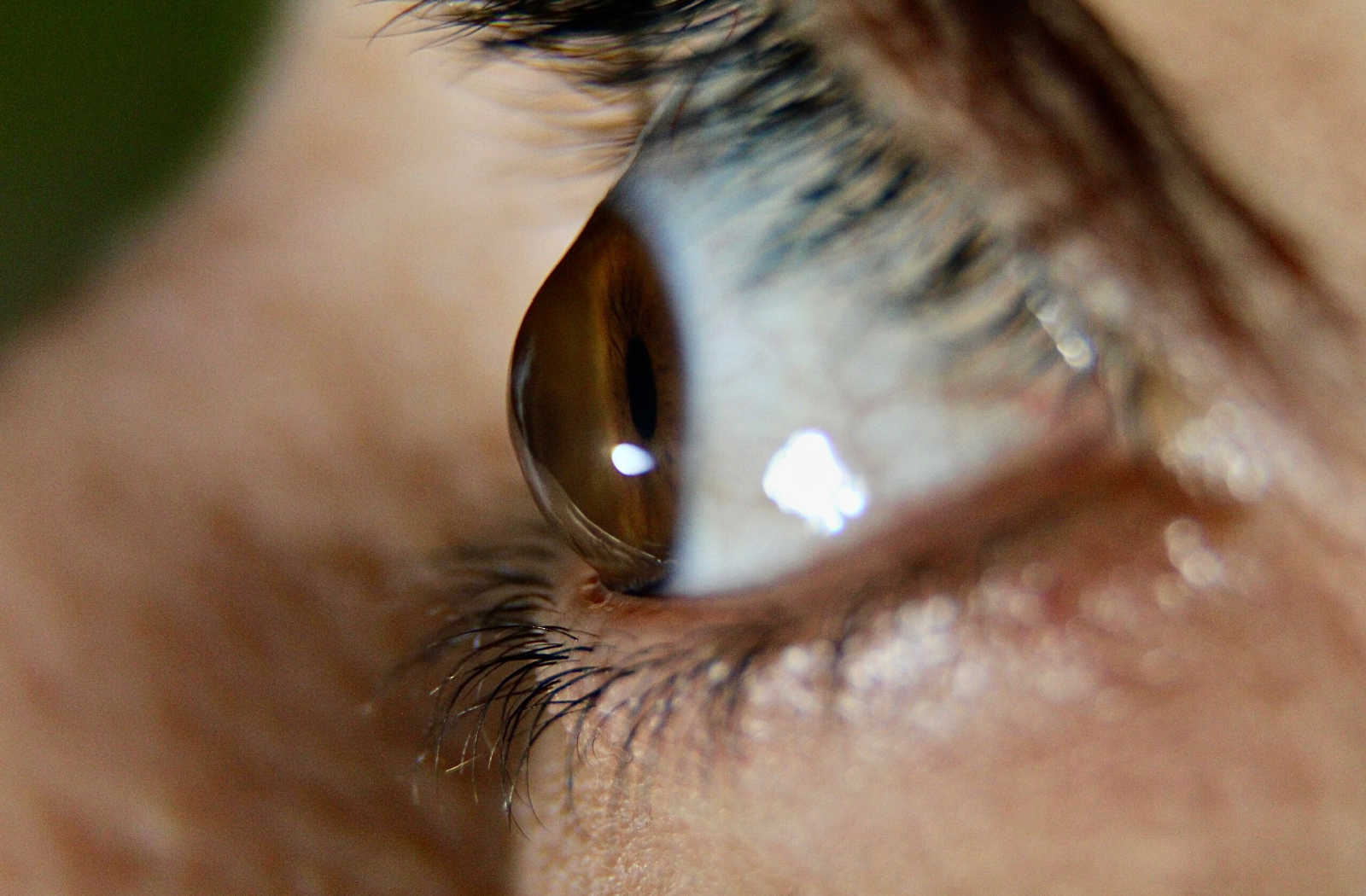All Categories
Featured
Prolonged direct exposure to ultraviolet (UV) rays can lead to various eye problems, some of which may result in irreversible damage or vision loss. Whether you're outdoors on a warm coastline or taking a stroll on a cloudy day, understanding exactly how UV rays impact your eyes and learning exactly how to safeguard them is crucial for preserving healthy vision.
What Are UV Rays and Just How Do They Influence the Eyes? UV rays are a kind of invisible radiation released by the sun. There are 3 sorts of UV rays:
UVA Rays: These pass through deeply right into the skin and eyes, adding to long-term damage. UVB Rays: These are a lot more extreme and can trigger surface-level damage, such as sunburn or corneal damage. UVC Rays: These are the most hazardous however are soaked up by the Earth's environment and rarely present a straight threat. Both UVA and UVB rays can harm different components of the eye, including the cornea, lens, and retina.
Short-Term Results of UV Exposure. Even a short duration of intense UV direct exposure can damage your eyes. A common problem arising from this is photokeratitis, usually referred to as "sunburn of the eye." Symptoms include:
Painful or red eyes. Sensitivity to light. Excessive tearing. Momentary fuzzy vision. Photokeratitis is normally momentary yet works as a suggestion of the prompt dangers of UV radiation.
Long-Term Results of UV Exposure. Collective UV direct exposure gradually can cause several serious eye problems, consisting of:

Cataracts: UV rays accelerate the development of cataracts, a problem where the lens of the eye becomes cloudy, bring about vision disability. Cataracts are a leading root cause of loss of sight worldwide.
Macular Degeneration: The macula, a part of the retina liable for central vision, can be damaged by prolonged UV exposure, increasing the risk of age-related macular degeneration (AMD)
Pterygium: Usually called "web surfer's eye," this condition entails a development of cells on the white component of the eye, which can expand over the cornea and hinder vision.
Pinguecula: UV exposure can trigger yellow-colored places to base on the conjunctiva, resulting in irritability and pain.
Skin Cancer Cells Around the Eyes: The delicate skin surrounding the eyes is highly susceptible to UV radiation, boosting the danger of basal and squamous cell carcinoma.
Securing Your Eyes from UV Damage. Fortunately is that protecting your eyes from UV radiation is simple and effective. Right here are some crucial pointers:
Use UV-Blocking Sunglasses. Select sunglasses that block 100% of UVA and UVB rays. Try to find labels suggesting "UV 400" defense. Wrap-around designs supply additional protection, stopping UV rays from going into from the sides.
Use a Wide-Brimmed Hat. A hat with a broad border can obstruct almost 50% of UV rays, supplying extra protection for your eyes and the delicate skin around them.
Avoid Top Sunlight Hours. UV rays are strongest in between 10 a.m. and 4 p.m. Reduce your outside direct exposure during these hours, or ensure you're properly shielded if you require to be outside.
Protect Your Eyes Year-Round. UV rays are existing year-round, also on cloudy or snowy days. Snow, sand, and water can mirror UV rays, escalating their results. Make sunglasses a component of your everyday routine, despite the period.
Take Into Consideration UV-Blocking Call Lenses. Lots of call lenses currently offer UV defense, which can be an added safeguard when coupled with sunglasses.
Urge Eye Protection for Kids. Kid's eyes are extra prone to UV damages because their lenses are clearer, allowing more UV light to get to the retina. Ensure they wear sunglasses and hats when playing outdoors.
Set Up Regular Eye Examinations. Regular visits to an eye care professional are important for monitoring your eye health. An optometrist can find early indicators of UV-related damages and recommend remedies, such as prescription sunglasses or UV-blocking glasses tailored to your demands.
Verdict. UV rays might be unseen, but their influence on your eye health is really genuine. Bear in mind, your eyes are one of your most useful possessions-- take the needed actions to shield them from unsafe UV rays today.
Latest Posts
Yesterday's Tavern-- Where History Meets Modern Vibes
Obtain Your Roofing Winter-Ready with A-Abel Roof in Chicago
NAPA AutoCare Certified: Trust Montclare Auto Repair for Reliable Auto Care
More
Latest Posts
Yesterday's Tavern-- Where History Meets Modern Vibes
Obtain Your Roofing Winter-Ready with A-Abel Roof in Chicago
NAPA AutoCare Certified: Trust Montclare Auto Repair for Reliable Auto Care